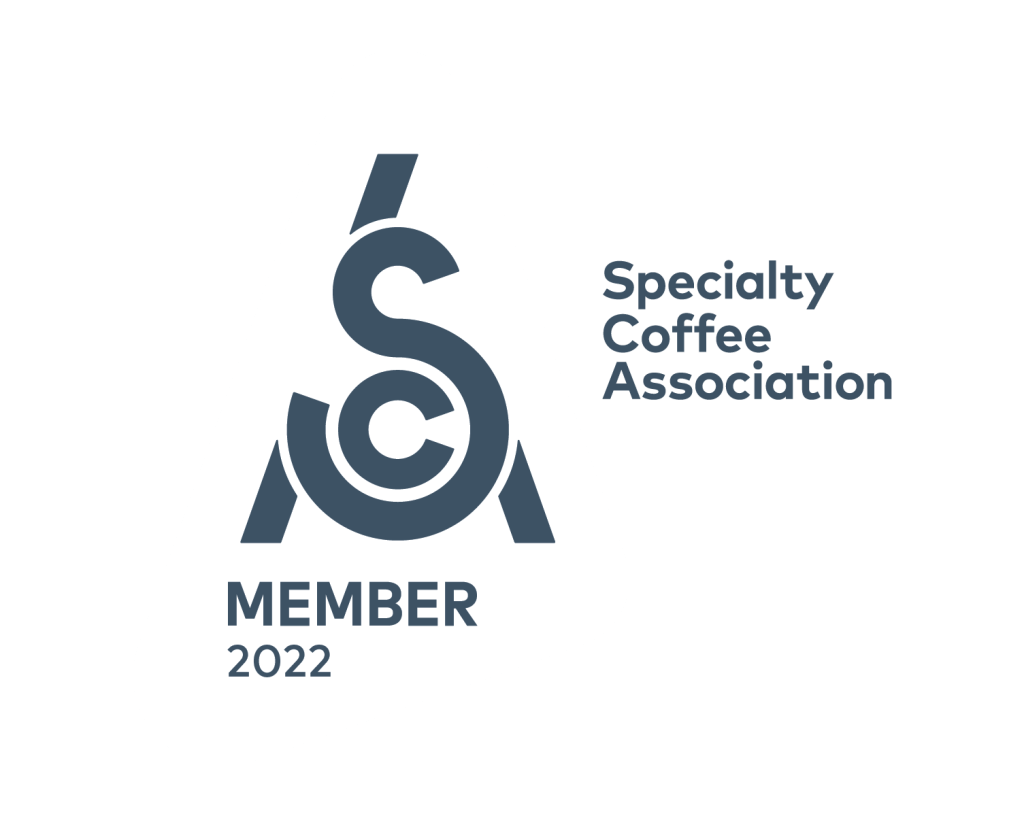Why Fair Trade isn’t fair, and Direct Trade Isn’t Much Better
If you’re like us, coffee is a part of your everyday life. You wake up thinking about it, you drink it, and you spend the rest of the day wanting more.

Farmers also spend most of their day thinking about coffee. They give meticulous care to growing, picking, and exporting their beans.
Unfortunately, it is often overlooked that the coffee industry is notorious for treating its farmers poorly, especially because most coffee is grown in third world countries. Over the years, this trading process has evolved from no regulations to Fair Trade to Direct Trade. While the progression is getting better, there is still room for improvement. That’s where we come in. However, before we get started, let’s explain what some of these terms mean.
What Is Fair Trade?
Fair Trade is a non-profit organization that was originally established to help farmers in various developing countries across the world have easier access to global trade by ensuring equitable trade practices to promote better treatment and payment of the farmers. In order for a farm to join Fair Trade, they must be specifically qualified to earn a certificate. These qualifications include:
- Safe working conditions
- Environmental protection
- Sustainable livelihoods
- Community development funds

Farmers who meet these qualifications and pay to have the certification are able to sell their coffee beans at a higher price. While it was created to assure that farmers would get paid a fair price, unfortunately, this isn’t always the case and many farmers are still left with the short end of the stick. Here’s why Fair Trade doesn’t actually work:
These certifications can be ridiculously expensive and bureaucratic, so most farmers aren’t even able to obtain the certification on their own. Instead, they’re forced to find Fair Trade Cooperatives (Co-ops) to work with.
Under this business model, each farmer is expected to add their beans into the mix along with the other farmers in the Co-op in order to distribute the certification costs. The first issue with this practice is that mixing all the different beans from different farms and different flavor profiles will many times result in a lesser quality cup of coffee, as it ruins the integrity of each individual coffee batch.
The second issue with this practice is that each farmer, regardless of the quality of their beans, receives a quantity-based rather than quality-based compensation from the Co-op. In effect, there’s no incentive for them to produce quality beans, only an incentive to grow larger amounts. Nevertheless, failure to contribute to the Co-op will usually results in harassment, threats and fines.
The third and final significant issue is that once the Co-op acquires their long awaited certification, several middlemen, who are each taking their own cut, get involved. First, an intermediary from the country of origin takes a hefty cut for simply connecting a U.S importer with the Cooperative. The U.S importer then takes another cut before distributing the coffee to local roasters and of course, the Cooperative always takes a cut to cover its costs before distributing the remaining proceeds to the small farmers. Despite the well intentioned initiative of Fair Trade, the inevitable result is a much lower payday for the hardworking farmers.
What Is Direct Trade
Rather than a certification, Direct Trade is a business practice which is an improved and admirable approach to the trading process where U.S importers attempt to skip the middleman to buy directly from the farmers. It takes more effort, but the results are worth it since Direct Trade seeks to form long lasting partnerships to pay the farmers more directly than they would under Fair Trade.
While a major step in the right direction, The major transparency issues associated with Fair Trade remain unresolved. In many cases, U.S importers think they are buying from the actual farmers when in reality they are still buying from intermediaries located in the country of origin. Small farms have a difficult time making these connections to directly trade in the global market. As a result, they are forced to either seek out intermediaries to connect with U.S importers or to sell their coffee below market value to local buyers in the area.
It’s admirable progress…but what if we could do better?
The Fincas Valverde Way
You’ve heard our tagline: From Farm to Cup: Coffee Done Differently.
But what does that really mean? What makes our coffee process different from the others?
At Fincas Valverde, we are the farmers. We are one of the very few companies in the world that manages the entire supply chain. We grow, harvest, process, roast, and package every bag with 100% traceability and the highest standards of quality control to deliver the finest cup of coffee to you, the final consumer. We strive to strengthen our communities because they are our family. This is where we were born and raised.

By skipping the middlemen and pointless certifications, we are able to re-inject our profits directly into the local community by building roads, schools, soccer fields, and more. We invest in our community to promote true change. We want to ensure future growth, income, and greater quality of life for all people in the communities.
Because we monitor everything with 100% traceability from farm to cup, we have greater control over the quality of the beans produced. If you want to know more about how we monitor the quality of our beans in every stage, read our From Farm To Cup process.
We grew up here in Bolivia. These are our people and our communities. We believe our coffee can be a vehicle for social and economic change in not only these communities but in the entire coffee industry.




Sounds good if True!